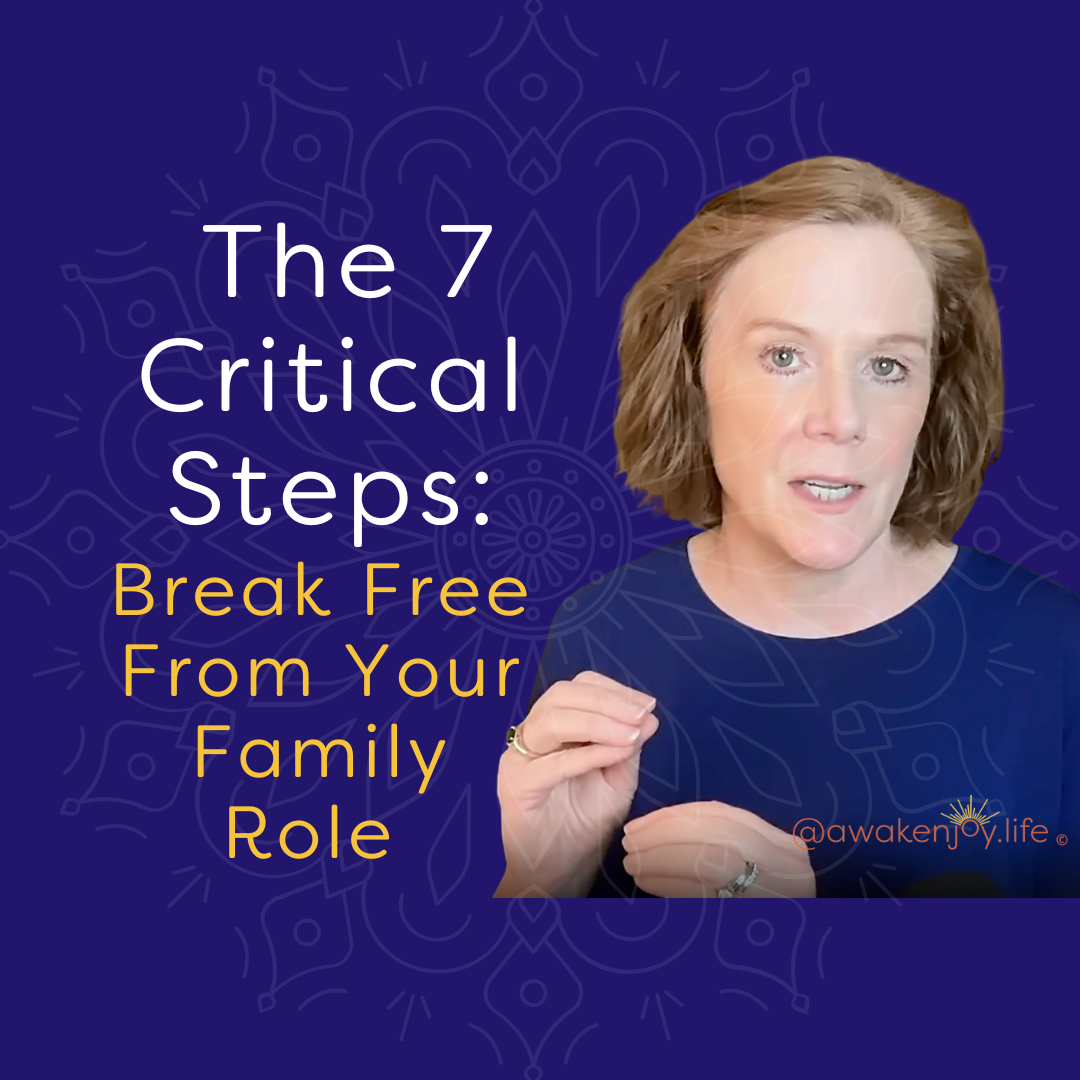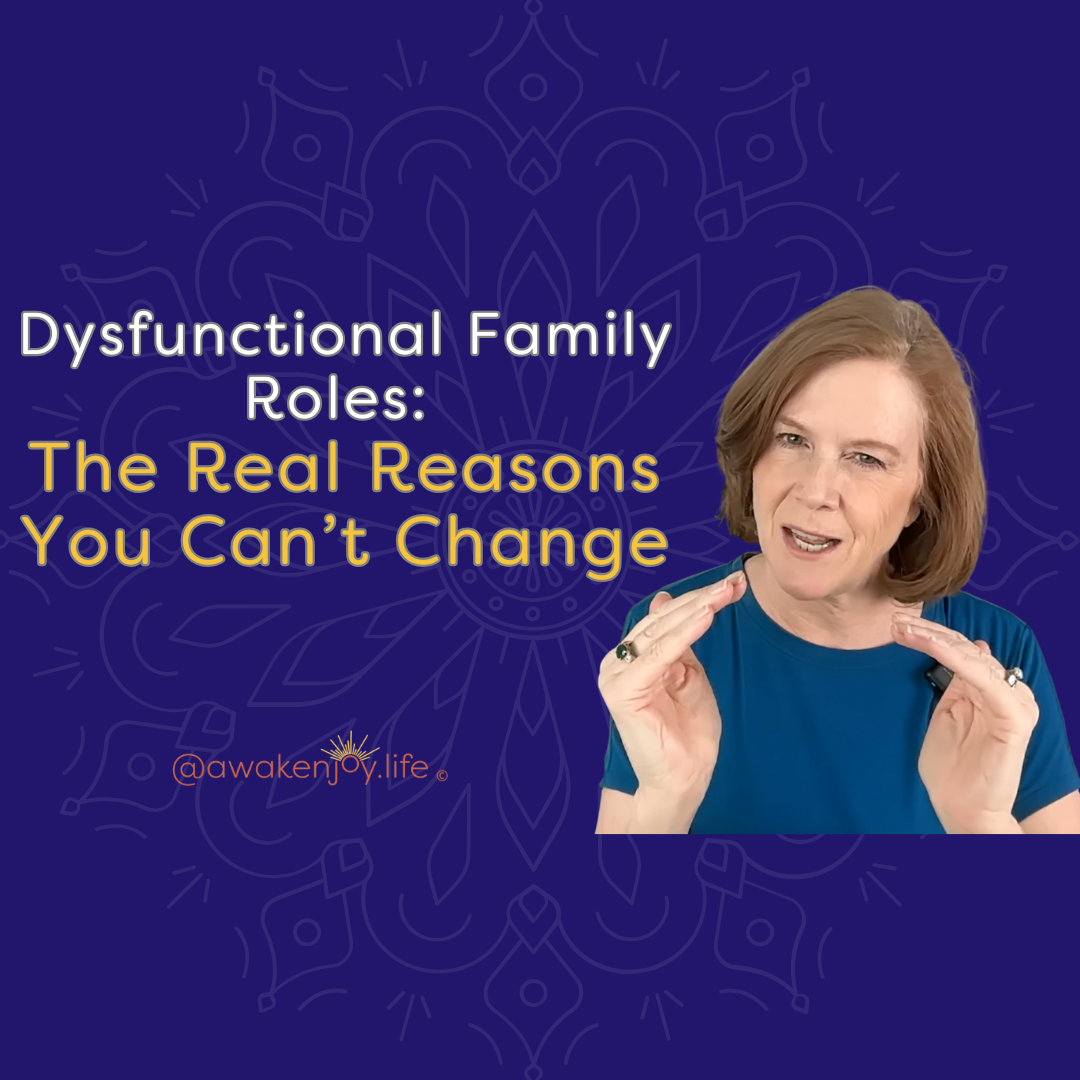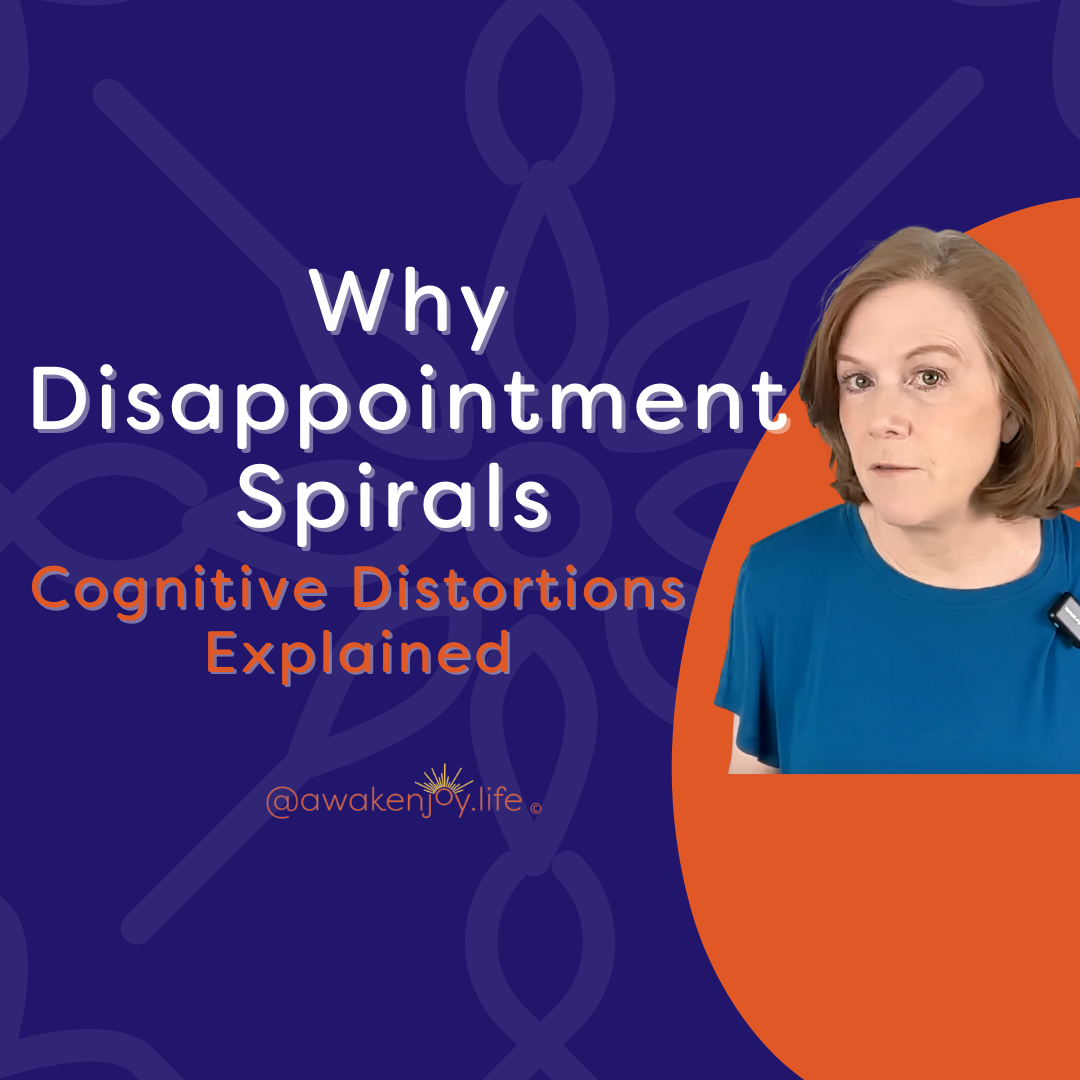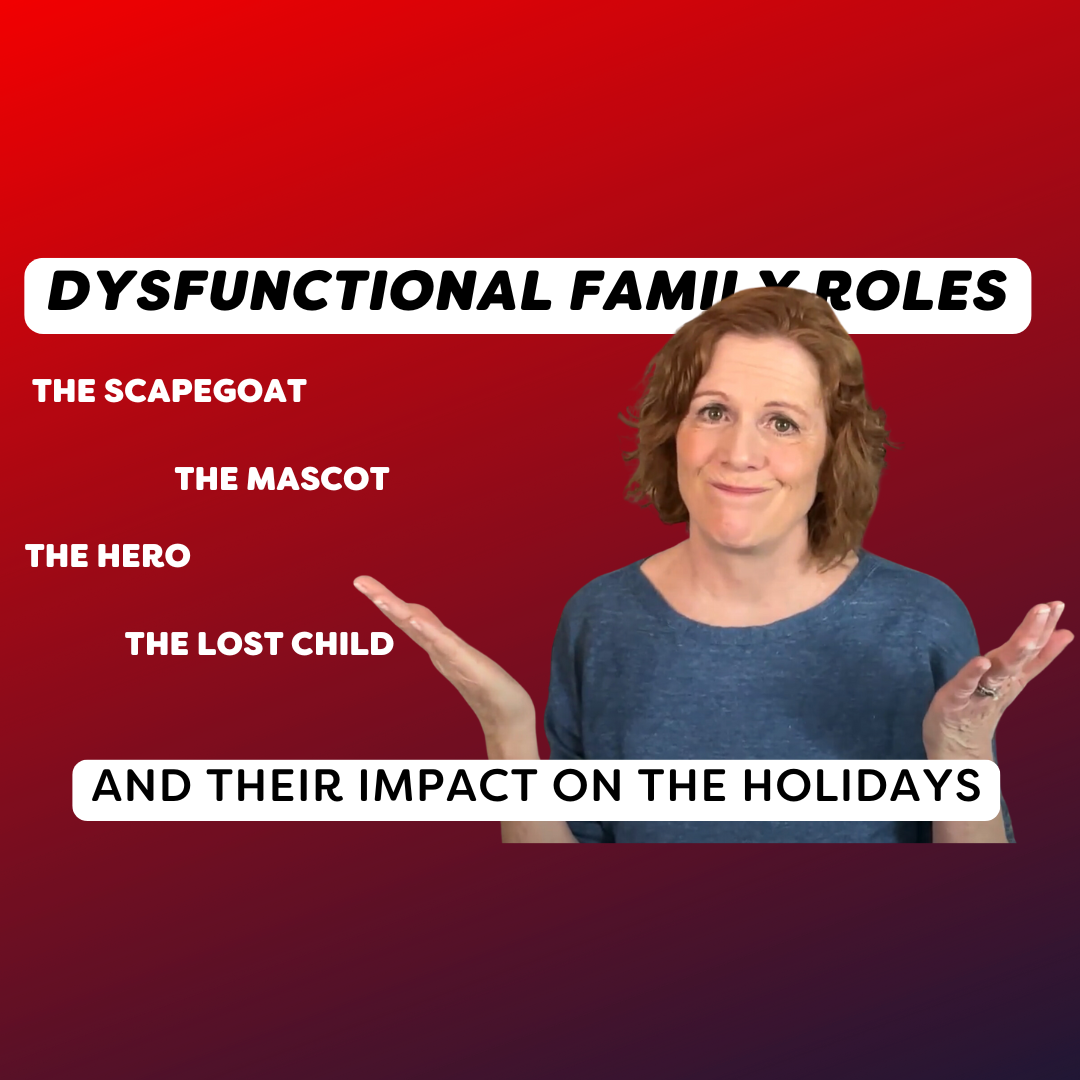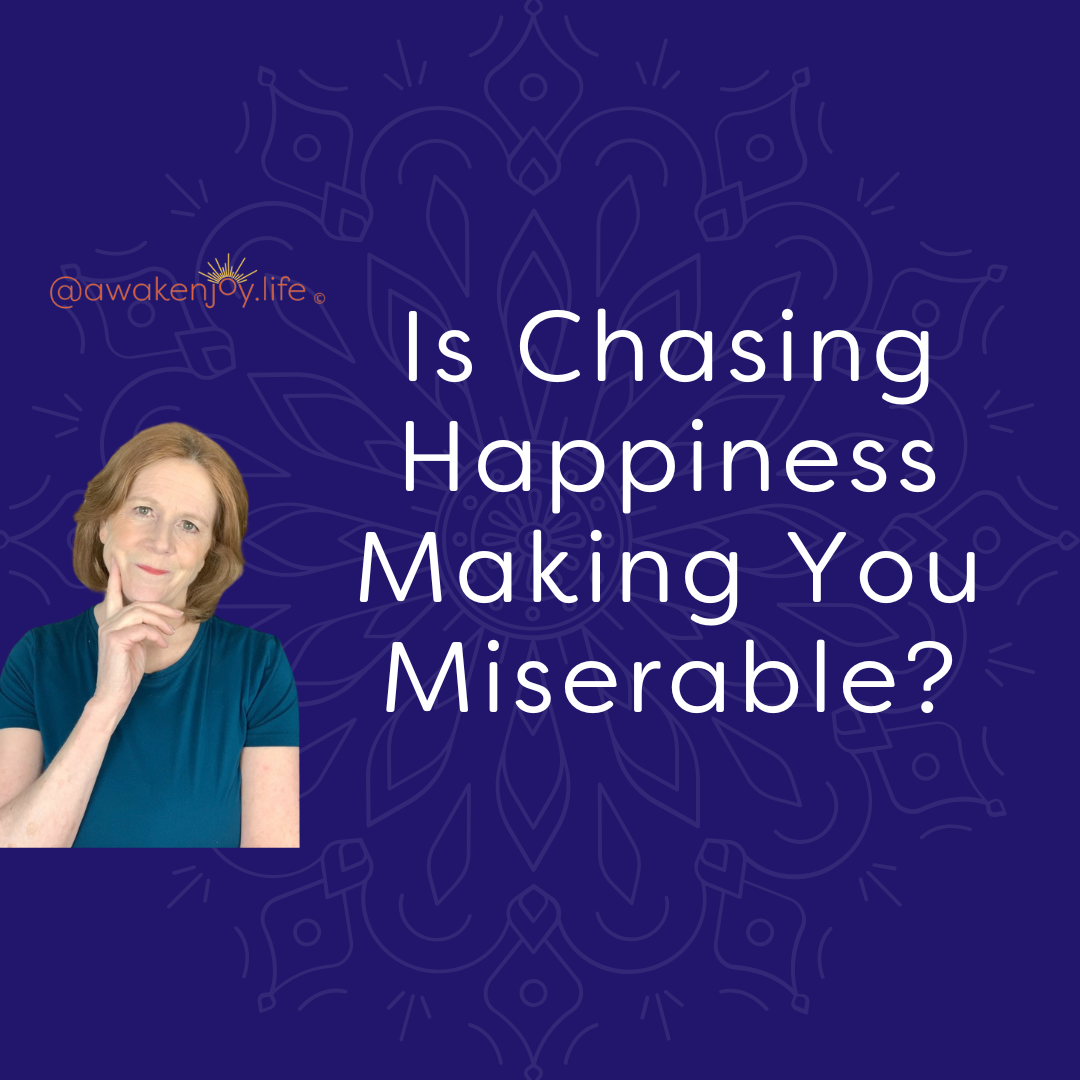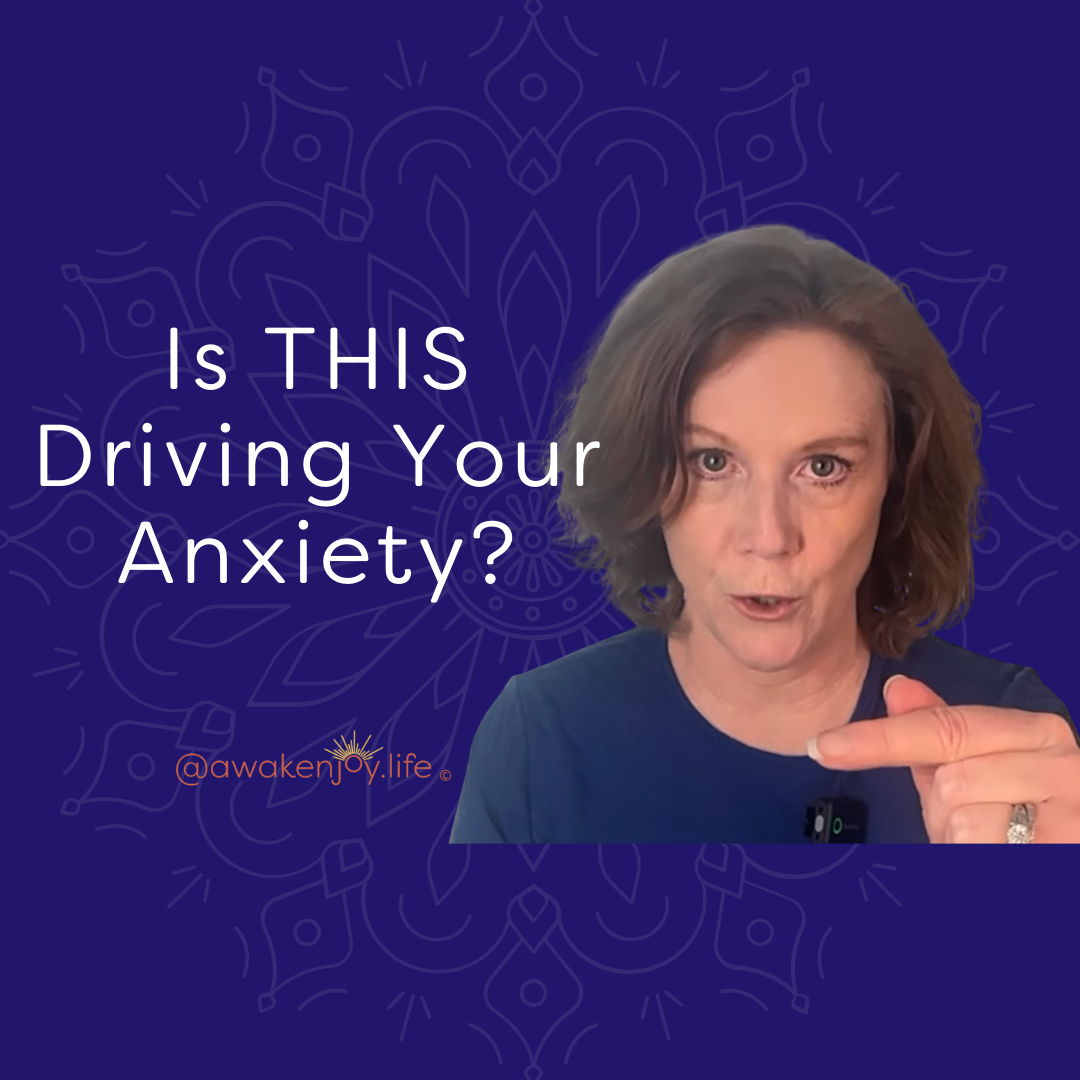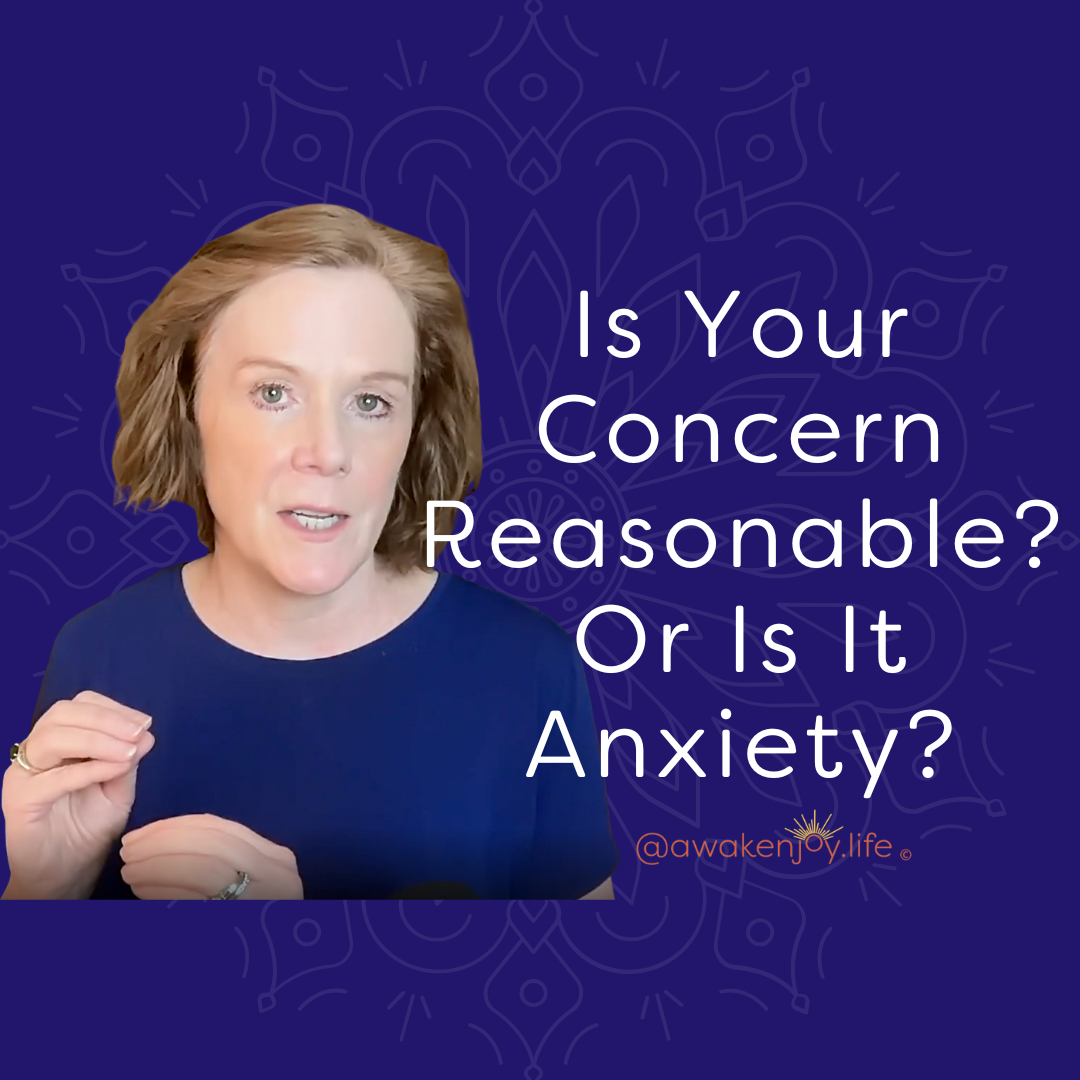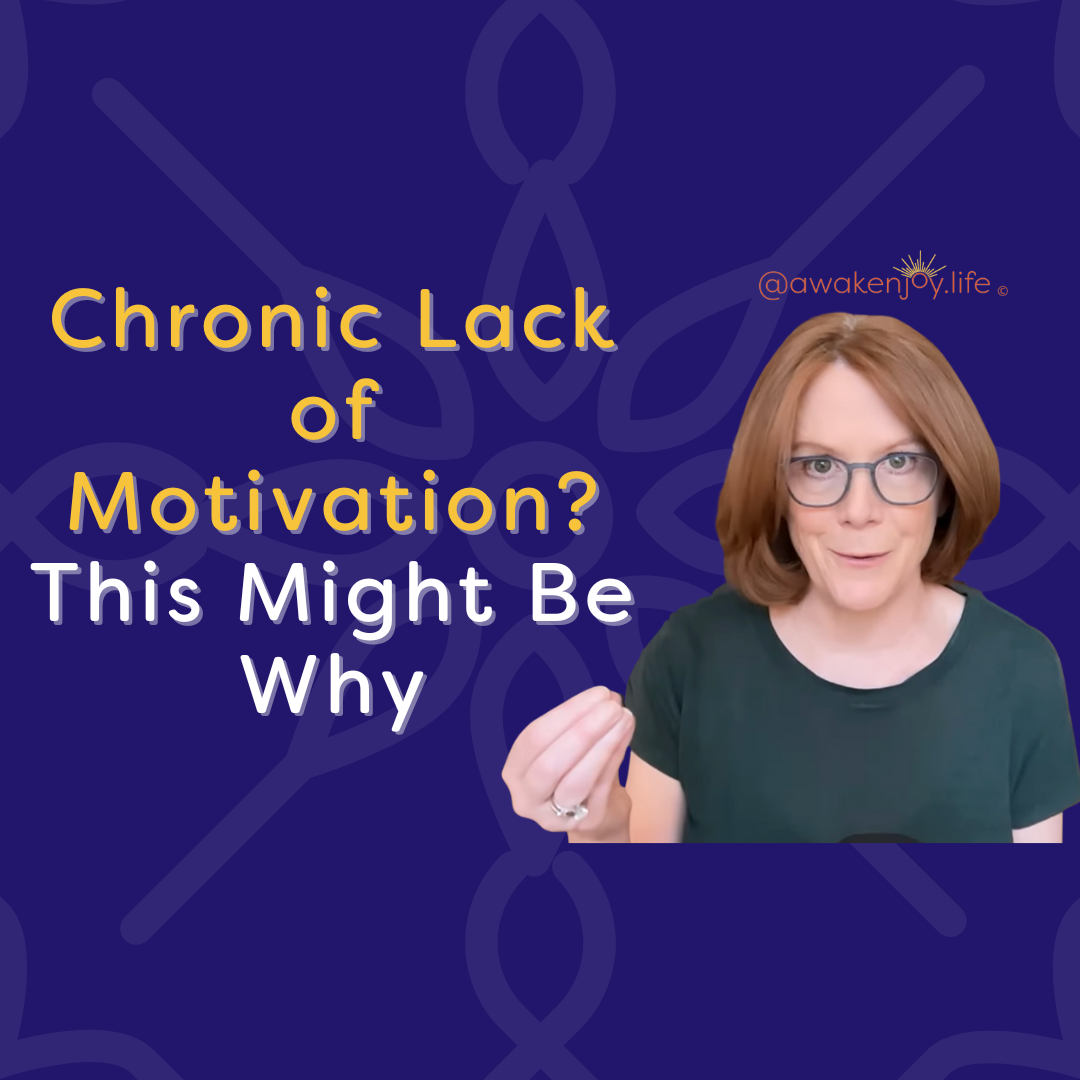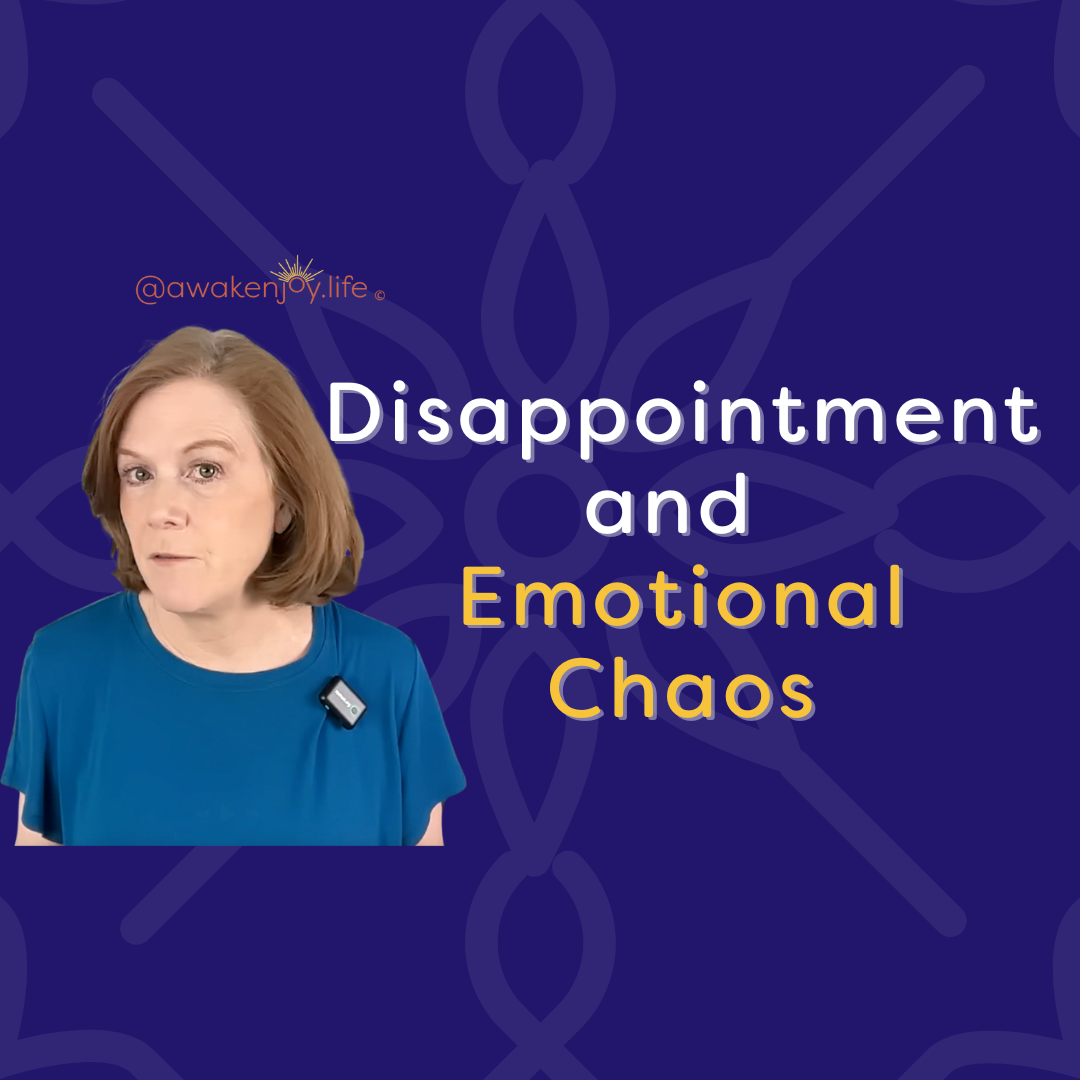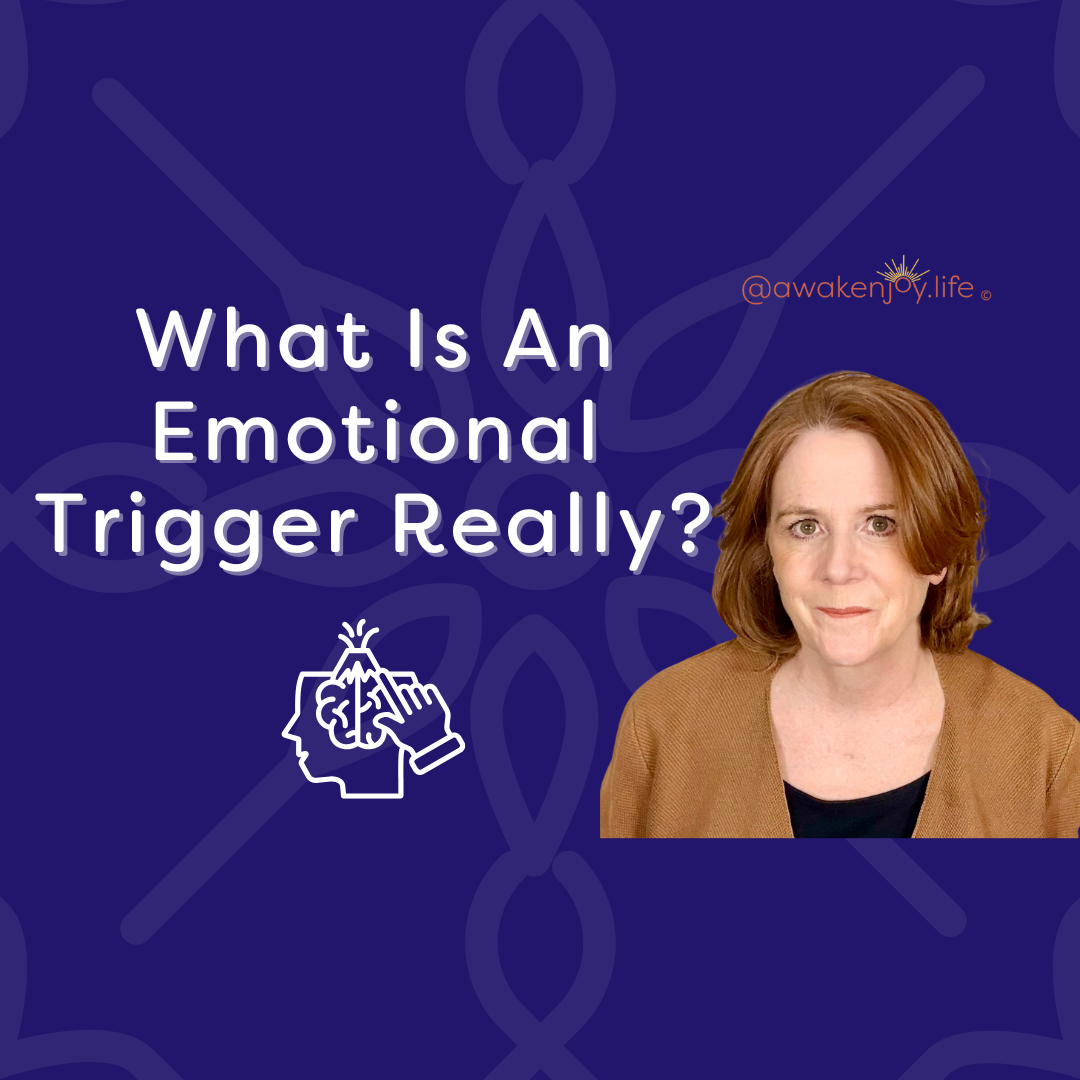Overcome Limiting Beliefs: 3 Questions to Ask

If your limiting beliefs are holding you back and you are struggling with how to change them, I have three questions for you to ask yourself.
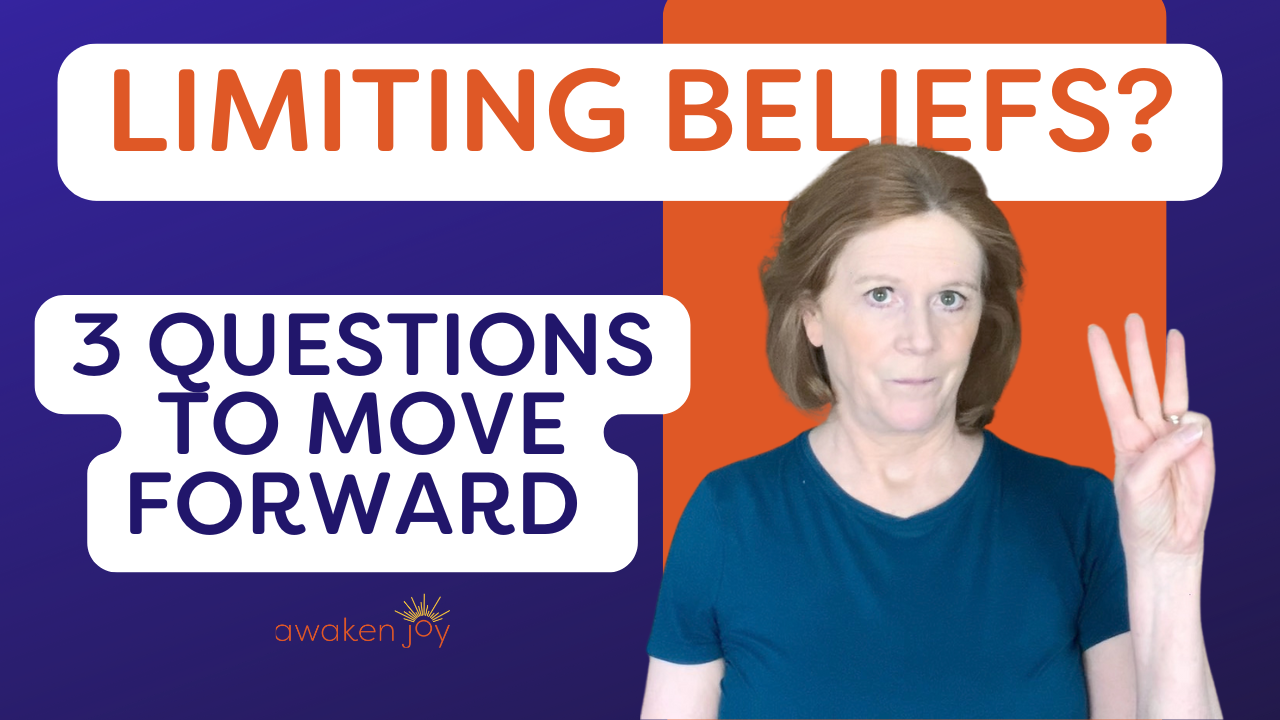
#1: Does this belief really belong to you... or does it belong to someone else?
We generally get our limiting beliefs from difficult situations in our lives or relationships with difficult people, and sometimes we internalize what they say about us, which may or may not even be their belief… but it becomes our belief.
Or other times we can absorb a belief from a caregiver or someone we're close to who believes it about themselves. We can absorb a limiting belief, almost by osmosis, from our caregivers when we're young. So really think through, is this your belief or does this belief really belong to somebody else? Did someone in your life believe this about themselves or the world?
#2 : Is your belief based in the fact that you are uniquely unusually horribly, [X, Y, Z]. Do you believe that most people are not this way, but you are just uniquely bad or uniquely worthless or uniquely unlucky?
If your belief is based on this type of thinking, it is, for sure, false.
In working with clients over 20 years, this would come up when we were working on transforming their limiting beliefs.
Because I'd say, “If this happened to somebody else, would you think [x, y or z] about them?” And they'd always respond, “No, of course not, but they're a good person!”
“Well then why did this experience make you think you are a bad person?” I would ask.
It would come down to a primitive belief that developed extremely early in life.
I don't know how many of my videos you watch or blogs you read, but I hope if you watch enough of them, you'll get a feeling that we are all very much alike.
We are all more alike than we are different. Many of us have the same types of thought patterns and similar struggles, all around the world.
We have a lot in common.
Just because we feel we are bad, or stupid, or selfish, does not mean we are. And if we feel we are unusually any of these things, we can rest assured we are not.
So that's a question to really look into for yourself.
#3 What is the gain to you of having this limiting belief?
This is also a challenging question, and it can be hard to get your head around.
Generally, when we have some kind of counterproductive behavior or habit, there's some type of hidden gain.
And it might be that your limiting belief is protecting you from something. Or trying to protect you.
These beliefs develop early because they are trying to protect us, and trying to protect the relationship with our caregiver
Let me give you an example. Let's say you'd like to get a new job, but you have a limiting belief that you are just not good enough.
That limiting belief might be protecting you from being disappointed. That belief, that part of yourself that holds that belief, doesn't want you to go after that job and then be disappointed.
But honestly, let's say you're not good enough and you apply for the job and you don't get it. So what, right?
But the part of you that holds that limiting belief yells, “No! No, don't even bother!” Because it is avoiding disappointment.
We do a lot of things to avoid certain emotions. And weirdly, I would say, and I know this in myself and saw it with my clients, we try so hard to avoid being disappointed.
The other emotions we really, really try to avoid are embarrassment, shame and sadness.
Many people get very anxious about situations that are truly sad. They just don’t want to feel the sadness. They don’t want to acknowledge their powerlessness to change a situation, so they will stay in anxiety trying to fix something they can’t fix. And, meanwhile, they’ll continue to talk negatively to themselves, beating themselves up about not being able to fix whatever needs fixing.
All to avoid accepting the reality of a situation that is simply sad.
I do believe it is healthier to let ourselves feel those emotions than to get tied in a knot avoiding the feelings.
So, notice if your limiting belief is helping to protect you from feeling one of those super uncomfortable emotions.
So I do want to let you know I'm about to launch a
new program live.
I haven't done a live program in about two years, but it will be a live program on transforming your negative core beliefs. It'll be webinar format.
You'll be able to directly ask me questions via chat and text. You won't have to show your face on a screen, as I know many people don't like that. But you'll be able to listen in, ask questions, and I'll help you drill down into what your true core belief is and what a reasonably adaptive positive belief might be.
And then we'll go through the methods that you can practice on your own to really transform them from the core. More information is here:
Break Free: Overcome Negative Core Belief
Blog Author: Barbara Heffernan, LCSW, MBA. Barbara is a licensed psychotherapist and specialist in anxiety, trauma, and healthy boundaries. She had a private practice in Connecticut for twenty years before starting her popular YouTube channel designed to help people around the world live a more joyful life. Barbara has a BA from Yale University, an MBA from Columbia University and an MSW from SCSU. More info on Barbara can be found on her bio page.
Share this with someone who can benefit from this blog!
